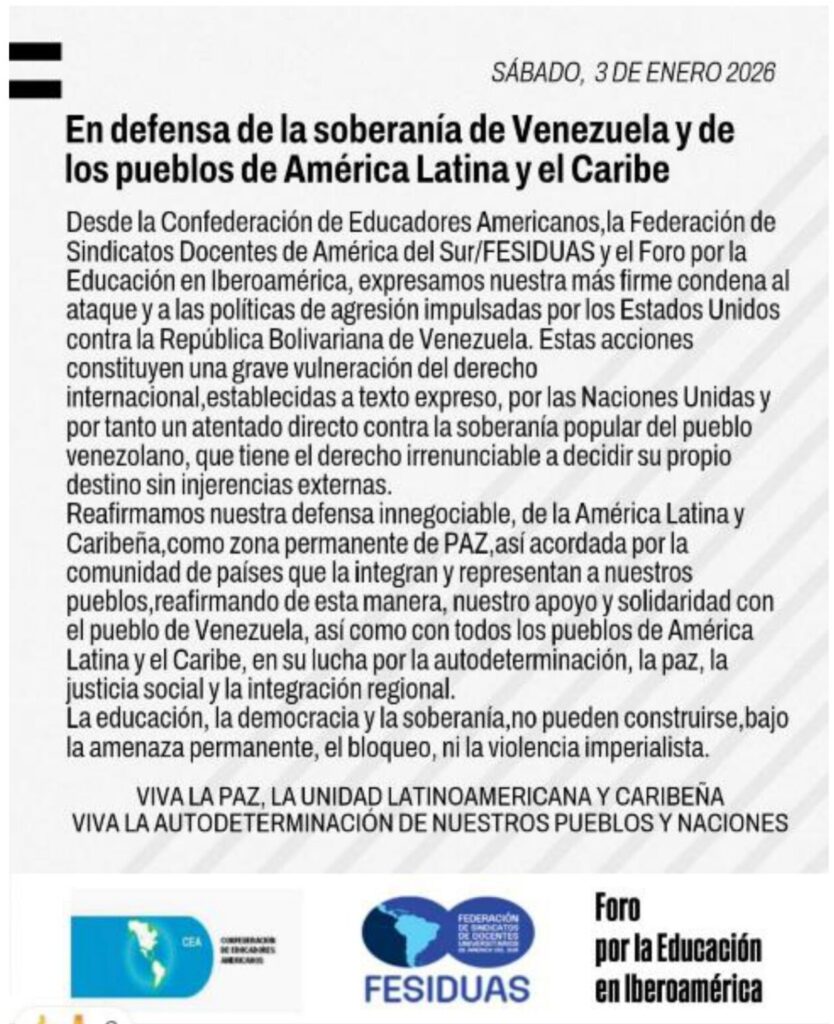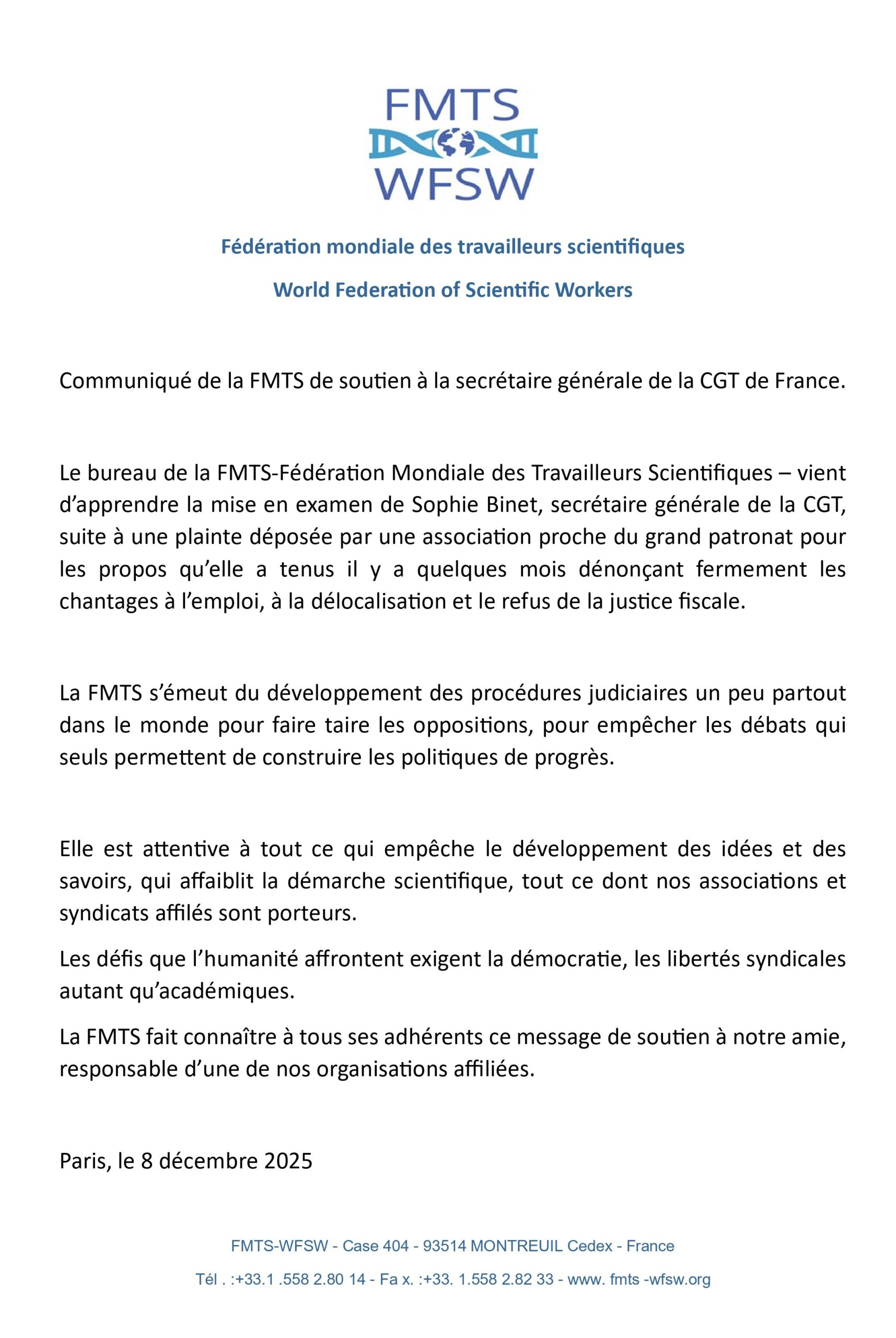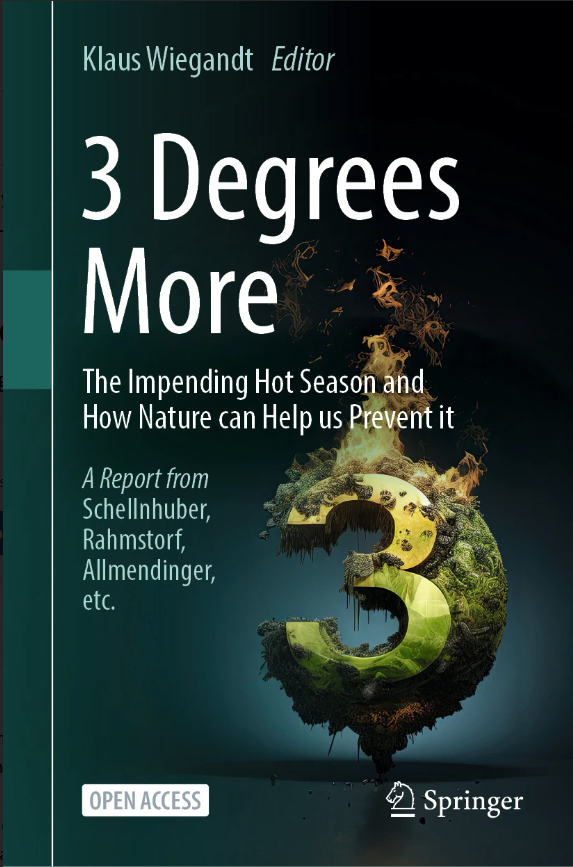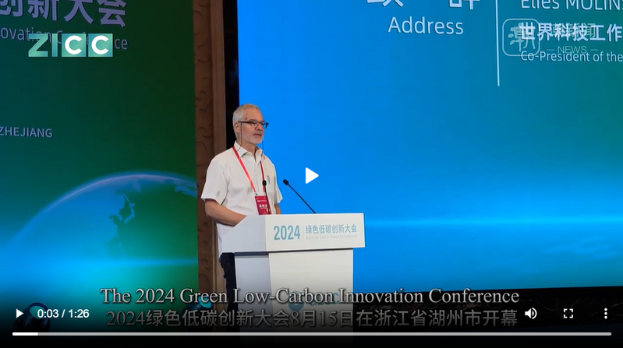World Forum Science and Democracy
Belem, 2009, January 26,27 What do we want? By André Jaeglé , President of the WFSW. Contribution to the World Forum Science and Democracy, Belem, Brasil
Do we want an event gathering scientists only? Or do we want to enter science as a major feature of social changes?
I understood the call of October 2007 as the choice of the latter: to enter science as a major data of the struggle for another world. I should say “to enter science and scientific workers …”
If so, the challenge is not for scientists only. It is for all those who consider themselves as involved in the World Forum process.
In effect:
As Prabir says, the scientific community is by and large distanced from the global concerns of neo-liberalism and the current crisis – we should rather say “distanced from the WSF approaches” for they have their own problems: they also endure consequences of the current system. An event limited to the small group of scientist already involved in the WSF would not be very significant.
The real change will come when the WSF as a whole ask the scientific community to take part in the search of solutions and in actions in order to make them prevail. Not only the small part of scientists, but the scientific community as a whole. The crux of the matter is the social role of science, not the stance of a part of the scientific community. If we accept that viewpoint, the questions are: “What to say? What to ask, practically speaking? What should, the WSF as a whole, ask the scientific community as a whole to do? What can the WSF as a whole expect from the involvement of a significant part of the scientific community? What are the challenges to be taken up? An event gathering scientists only cannot formulate these questions and sketch an initial response. Such a formulation can only be issued by the whole of the World social movement. It must express a global strategy integrating the social role of science.
Here begin difficulties.
According to a common opinion, poverty, diseases, pollution, natural resource depletion etc., are nothing but scientific and technical problems. Then, appropriate programmes of scientific research could solve poverty, environmental and ecological problems. They don’t deny the role of politics indeed, but they are tempted to put forward scientific and or technical choice as political replies. It leads to deadlocks! One of these deadlocks is the old theory of good science versus bad science (bourgeois science versus science proletarian) during the nineties fifties, in USSR).
Many papers are raising the question of the social control of science. Let us be aware that the majority of scientists already know very well the social control and experiment it daily: through the sources of funding (lobbies, ad hoc government committees) and other ways. Many scientists feel themselves not free because they have to look always and always for new contracts for funding their research teams and so waste their time into bureaucratic tasks. The solution is not to change the way of control, under the pretext only that the new control will become democratic. Whereas we charge science with many negative consequences, we should rather charge the social system and to consider the scientific community neither as being the enemy nor as being only (at least a part of it) a possible ally: let us consider it as a part of the global citizen community.
We should address scientists as citizen, as we all are, and ask them (and their organisations) to behave like citizens, that means to be present in the public affairs (as many did, in the past against the nuclear armaments).
Today the commodification of knowledge is a major topic. Then, for instance, we should not ask them to stop all GMOs research, but invite them to take part in action against patenting and the monopolising of the seeds market. We should not ask them to give up research on human embryonic stem cells but invite them to prevent oocytes to become commodities. And so on.
That is why the general topic “commons good” is excellent.
The meetings of January 26th should be devoted to find wordings making it easier for the World social forum to integrate the scientific realities in its future developments.
December 8th, 2008,
André Jaeglé President of the World Federation of Scientific Workers





